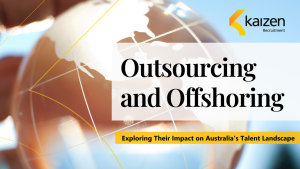Marketing Executive Round Table 2024
It was our pleasure to host the Marketing Executive Round Table in Melbourne last 23 October 2024. Alongside several industry leaders across Marketing, Communications and Digital from superannuation, funds management, health insurance and fintech – the agenda focused on trust in financial services.
Thank you to the team at L1 Capital for the generous use of their boardroom as well as our moderator Ella Tassi – who played a key role in facilitating a great discussion.
Key Themes and Discussions
Financial services organisations are navigating a complex landscape as they work to build (and rebuild) trust amid rising cyber risks, evolving technologies, and shifting stakeholder expectations. Banking scandals, pervasive misinformation, and innovations with AI have left many clients skeptical. As highlighted by Forbes, Deloitte’s TrustIQ benchmark, which surveyed over 3,800 global companies, reveals financial services as one of the least trusted industries (“More Than Numbers: How The Financial Services Industry Can Help Rebuild Public Trust”, Forbes Finance Council. 25 Jul, 2024).
In this challenging environment, institutions must address the dual pressures of transparency and security to restore confidence and build lasting relationships with clients. Here’s a look at some critical factors shaping trust within the industry according to industry experts.
So, how do organisations foster and ensure trust both externally and internally?
1. Walk in Your Customers’ Shoes
Whether looking from a B2B or B2C perspective, customers’ expectations are shaped by their last positive experience with a brand. By actively experiencing and understanding the customer journey from their perspective, organisations can swiftly identify and resolve any issues, creating a smoother and more empathetic experience.
2. Less Jargon, More Common Language
In order to build a stronger relationship across teams, bridging the communication gap between marketing, digital, and senior leaders (like Chief Finance Officers) helps ensure that business goals and budget decisions align. Avoiding industry jargon and using more common language is key to clarity as it promotes better understanding, invites constructive feedback, and improves engagement across departments.
3. Social Proof
Social proof—the psychological concept where individuals are influenced by the behaviors of others to act within societal norms or expectation—plays a powerful role in financial decision-making. For instance, the Barefoot Investor’s endorsement of a particular investment product led to significant inflows. By leveraging brand advocates to share authentic testimonials regarding the product, especially through engaging formats like video, organisations can drive a more connected and motivated customer/client base.
4. Vulnerability
Demonstrating vulnerability invites mutual trust and strengthens team dynamics. When leaders model openness, team members feel more engaged in taking on challenges, leading to higher collaboration and productivity. The discussion highlighted several examples from various teams that collectively demonstrated how this type of culture encourages employees to take on challenging tasks and support one another.
5. Pro-activity and Planning
Clients frequently shared challenges in maintaining trust amid macro-economic factors that lie outside their influence. To address this, executives highlighted that the key solutions included careful planning and a proactive approach. By working closely with frontline teams to anticipate customer inquiries and crafting preemptive communication strategies, financial services organisations can help mitigate any potential adverse impacts on trust.
Conclusion
One of the key takeaways from the Marketing Executive Round Table is the importance of building trust, as this serves as the cornerstone of sustained success. Fostering trust is a multi-faceted journey, one that demands proactive customer empathy, clear communication, authenticity, and a robust strategy to address both internal and external challenges. By implementing these principles, organisations can not only build stronger customer relationships but also create a cohesive and empowered team. As financial services continue to navigate public perception, it is clear that consistent, transparent, and client-centered strategies are key to building a trustworthy brand.
We extend our appreciation to all those who joined us at our recent roundtable discussion. Kaizen Recruitment is genuinely grateful to be able to act as a conduit in the market as a trusted external partner to help foster ideas and connections amongst some of Australia’s leading financial services organisations.
Get in touch
Based in Melbourne and Sydney, Kaizen Recruitment specialises in financial services recruitment across funds management, wealth management, superannuation, investment consulting and insurance. If you’d like to discuss candidate career drivers and the current state of the market within the financial services recruitment landscape, feel free to reach out to us with your details below.
Like what you see?
Please feel welcome to join
Kaizen Recruitment’s mailing list















